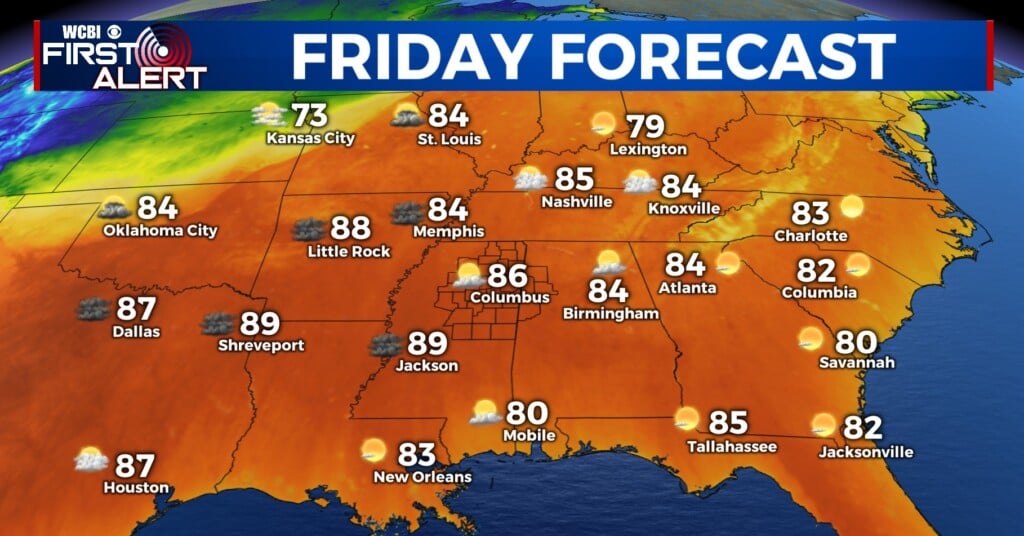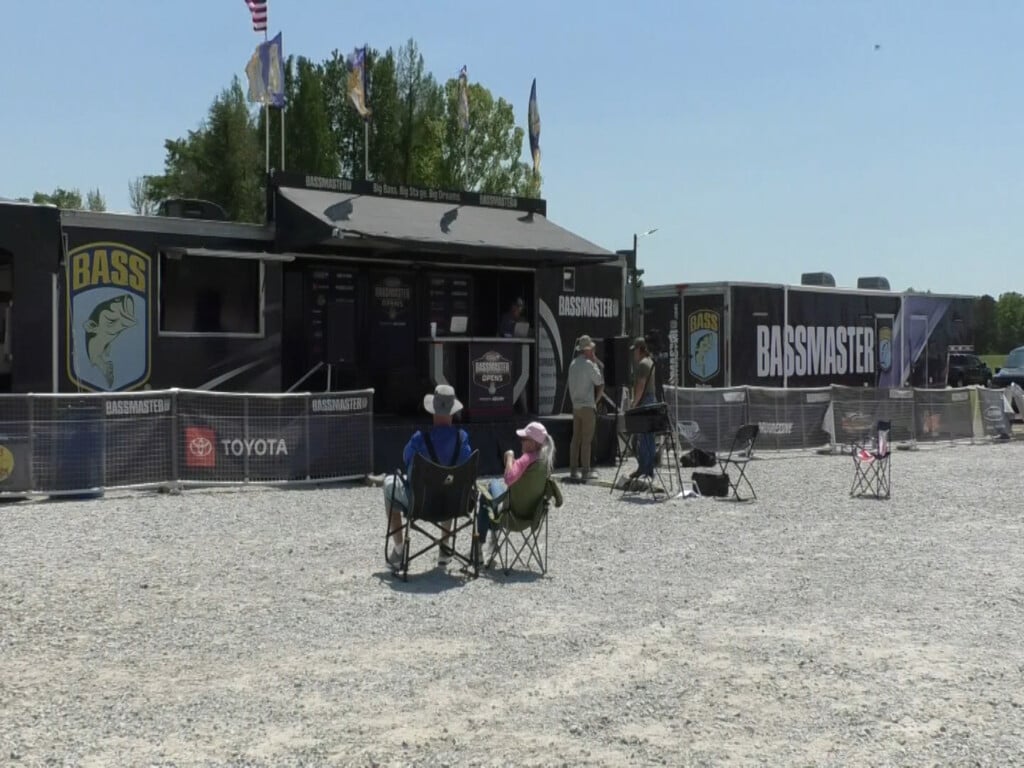Warehouse and delivery workers call for May Day strike over safety concerns
Workers at some of America’s largest companies are planning to strike on Friday, accusing their employers of covering up the scale of the COVID-19 outbreak in their workplace and failing to provide them with protective equipment.
Labor organizers at Amazon, its groceries subsidiary Whole Foods, Instacart and Target-owned Shipt have said they plan to walk out on May 1, a holiday commonly celebrated internationally as a day to honor workers. Their demands, while diverse, include an expansion of paid sick leave, access to personal protective equipment, better pay and enforcement of social distancing in the workplace.
“It’s a matter of life and death,” said Christian Smalls, a former Amazon worker who organized a walkout at the company’s Staten Island, New York, warehouse in March and subsequently was fired. The dismissal caught the notice of New York elected officials, who accused the company of illegal retaliation. Amazon maintains that it fired Smalls for failing to comply with its social-distancing guidelines.
Smalls and other Amazon workers are calling for the online retailer to extend the amount of unpaid time off it offers employees until June 1, make cleaning supplies more widely available to workers, and close down any building where someone has tested positive for the coronavirus. They also want Amazon to publicly disclose the number of employees who have been infected, which the company has resisted.
“Amazon is putting workers in an impossible situation where they have to choose between getting groceries and rent paid and potentially infecting themselves or others,” said Emily Cunningham, who was a user experience designer for Amazon until being fired two weeks ago after she criticized the company’s safety and climate policies. Cunningham said she plans to support the striking workers digitally.
“Amazon is not giving out the number of cases, so workers don’t know if it’s 2,000 public cases, is it 200, is it 20?” she said. “If Amazon has those numbers, it needs to say it.”
Workers planning Friday’s protest estimate that at least 500 Amazon workers have tested positive for the virus, a number they reached by compiling announcements the company sends to workers in affected warehouses.
Amazon hasn’t disclosed how many workers have been infected. In a statement, a company spokesperson denied the workers’ claims and said that safety equipment was widely available. As Amazon said in a statement:
“While we respect people’s right to express themselves, we object to the irresponsible actions of labor groups in spreading misinformation and making false claims about Amazon during this unprecedented health and economic crisis. The statements made are not supported by facts or representative of the majority of the 500,000 Amazon operations employees in the U.S. who are showing up to work to support their communities. What’s true is that masks, temperature checks, hand sanitizer, increased time off, increased pay, and more, are standard across our Amazon and Whole Food Market networks already.”
High demand, low pay
Workers at the delivery services Shipt, which Target bought in 2017, and Instacart who plan to strike on Friday are asking for higher pay for each order they handle and greater access to protective equipment. The app-based services have seen a surge in demand as millions of Americans hunker down at home and order groceries and supplies online.
Instacart is adding 550,000 “shoppers” to its platform, tripling the number of contract workers it uses to fulfill orders. Shipt, its smaller competitor, has recently more than doubled its number of shoppers. But some workers say their pay has dropped and that the company hasn’t provided protective equipment.
“The pay has gotten worse,” said Angie Klein, a Shipt worker who lives in Des Moines, Iowa. “The stores are out of everything, and you stand in line for hours for $6.”
Klein has shopped for the platform full-time for about a year and a half, but said that picking up orders has gotten harder given the droves of new workers on the platform. If she misses an order, Shipt’s app blocks her from picking up another one for seven days, she said.
Klein estimates her Shipt earnings work out to $7 an hour, but lately she’s found that more customers are canceling orders — meaning she can put more than an hour of work on an order to end up with just a $5 cancellation fee (before taxes.)
“I love doing it because it helps people, but I can’t do it if I’m not making any money,” she said. “Shipt and Target are making a killing, and they’re not doing anything for shoppers.”
Shipt responded through a statement: “We actively solicit and listen to shopper feedback and have taken numerous actions recently to support shoppers, including distributing protective equipment, providing financial assistance and paying bonuses.”
Some workers at Instacart say they’ve been unable to secure the protective equipment, including gloves, mask and sanitizer, that the company has promised.
In a statement, Instacart said, “We remain singularly focused on the health and safety of the Instacart community. Our team has been diligently working to offer new policies, guidelines, product features, resources, increased bonuses, and personal protective equipment to ensure the health and safety of shoppers during this critical time.”
Wave of protest
Friday’s planned labor action is just the latest in a wave of worker protests that has followed the coronavirus pandemic. Sanitation workers in Pittsburgh, bus drivers in Richmond, Virginia, and restaurant workers in California all have walked off the job to demand safer conditions.
“People’s fears of sickness and death are finally stronger than people’s fears of their employer,” Daniel Graff, a labor historian at Notre Dame University, told the Associated Press.
The recent actions recall other moments in labor history when alarm over worker safety and public health nearly a century ago spurred waves of union organizing and eventually reforms — as in meatpacking plants, garment factories or coal mines, according to the AP.
But as worker demands for safety grow louder, current policy is going in the other direction. President Donald Trump has ordered meatpacking plants shuttered by COVID-19 outbreaks to reopen and promised to protect businesses from liability and lawsuits if workers get sick on the job. The Occupational Health and Safety Administration, traditionally tasked with protecting workers in decades past, has also resisted taking a harder line on safety during the pandemic, critics charge.





Leave a Reply